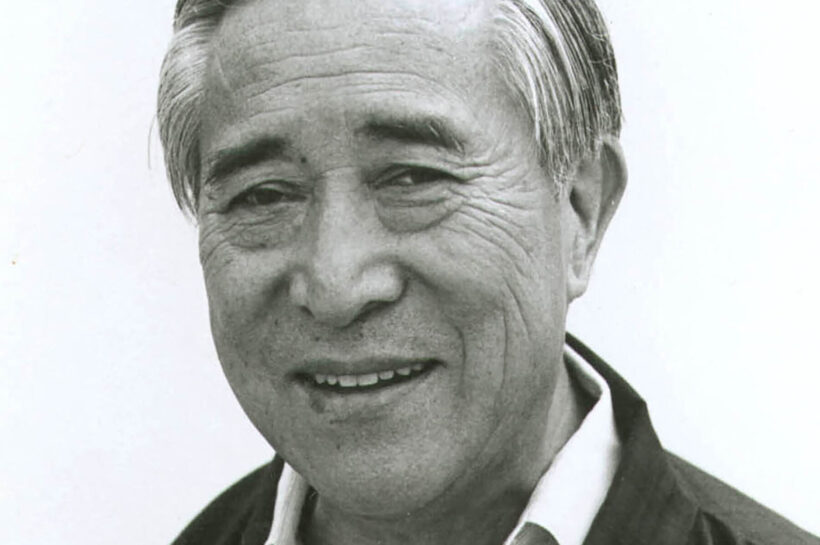Contents [show]
In a shocking setback to global polio eradication efforts, the Taliban has suspended polio vaccination campaigns in Afghanistan, the United Nations announced Monday; Reported by the Associated Press. This decision threatens years of progress against one of the world’s most infectious diseases. Afghanistan, along with neighboring Pakistan, remains one of the last frontiers in the battle to eradicate this paralyzing virus.
The suspension is anticipated to have dire consequences, both regionally and globally, as it could jeopardize the health and future of countless children.
No Explanation for the Suspension
News of the suspension reached U.N. agencies shortly before the start of the scheduled September immunization campaign. Despite inquiries, no reasons were provided for the sudden decision, and Taliban officials have not commented.
Health authorities fear that Afghanistan’s pivot away from house-to-house vaccinations towards site-based immunizations, such as those in mosques, will hinder efforts to reach the most vulnerable children. Dr. Hamid Jafari from the World Health Organization (WHO) emphasized, “Partners are in the process of discussing and understanding the scope and impact of any change in current policy.”
Militants Attack Vaccination Teams, Claiming It Will Sterilize Their Children
In neighboring Pakistan, polio vaccination teams and their police escorts are frequently targeted by militants. These groups falsely allege that the vaccination campaigns are part of a Western conspiracy to sterilize children. A similar narrative appears to be influencing the situation in Afghanistan, adding to the challenges faced by health workers on the ground.
Despite these difficulties, Afghanistan and Pakistan had been making significant strides, coordinating their efforts with synchronized campaigns focused on high-risk areas. During a nationwide campaign in June 2024, Afghanistan implemented a house-to-house vaccination strategy for the first time in five years, successfully reaching the majority of children. However, this latest suspension threatens to unravel that progress.
Less than 20% of Girls Receive the Vaccines
According to WHO data, the inclusion of women in vaccination campaigns in Afghanistan is currently around 20%. This low participation rate significantly hampers access to all children in certain regions, particularly affecting the immunization of young girls.
In southern Kandahar province—where Taliban supreme leader Hibatullah Akhundzada maintains a stronghold—vaccination efforts are limited to site-based methods, such as mosque-to-mosque campaigns, which are far less effective than door-to-door initiatives. As a result, Kandahar has a large pool of susceptible children, amplifying the risk of polio spread within Afghanistan and into neighboring Pakistan.
A Coordinated Response Needed
Pakistani health officials have expressed deep concern about the situation. Anwarul Haq, coordinator at the National Emergency Operation Center for Polio Eradication, warned, “The polio virus will eventually spread and continue affecting children in both countries if vaccination campaigns aren’t run regularly and in a synchronized manner.”
Afghanistan is the only neighboring country from which people frequently move in large numbers to Pakistan. This high population movement elevates the risk of the virus crossing borders and becoming a transnational health crisis.
A History of Setbacks and Technical Challenges in the Middle East
The campaign suspension is the latest in a series of obstacles plaguing global polio eradication efforts. Despite an annual cost of $1 billion, the initiative has missed multiple deadlines, due in part to technical mistakes in vaccination strategies. Furthermore, the oral vaccine has inadvertently sparked outbreaks in several regions, including Africa, Asia, and the Middle East.
Most recently, a mutated strain of polio derived from the oral vaccine paralyzed a baby in Gaza, marking the territory’s first polio case in over 25 years. Incidents like this highlight the complex challenges of eradicating the disease.
A united and concerted effort remains crucial in the fight against polio. With the current situation in Afghanistan, global health organizations face an uphill battle to maintain progress and protect vulnerable populations from this devastating disease.
Originally reported on by Associated Press






